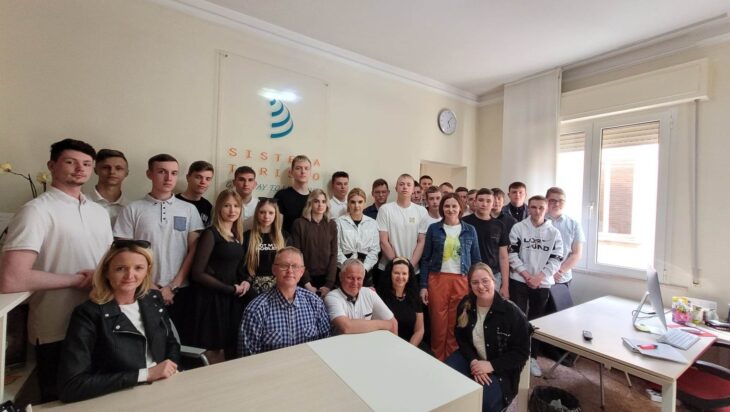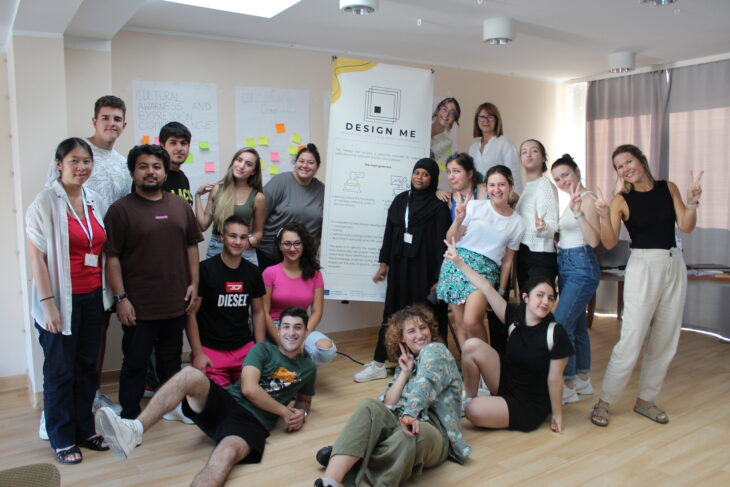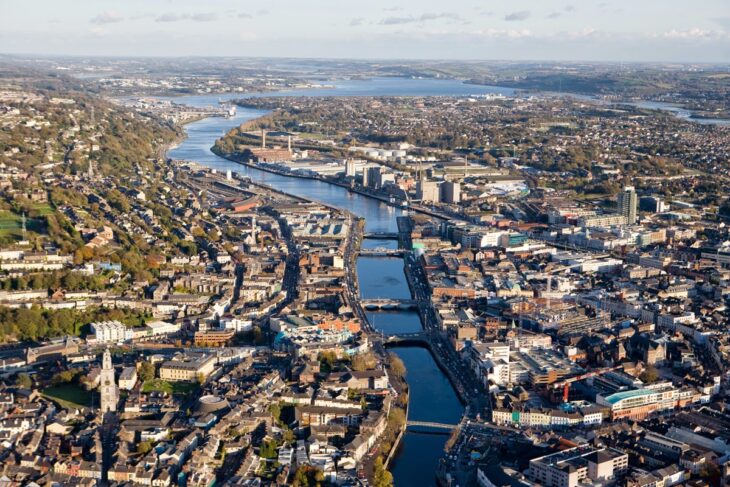Heart and soul of the Portuguese people, fado is the symbol of Portugal and of its cultural traditions. A black scarf, a guitar and an intense and deep voice but above all a lot of feeling: these are the main elements of fado, which sings of nostalgia, the disappointments of love, but also about the daily life, the conquests and sacrifices of these people and its history.
The term derives from the Latin ‘fatum’, which means destiny and in fact there is some mystery in reconstructing the birth of this musical genre: its origins seem to date back to the mid-nineteenth century and come to life from the story of passion, suffering stories and scenes of daily life but also from the story of the historical events of Lisbon and Portugal, with its defeats and its triumphs, its scars and its victories.
A symbol of identity of Portugal and its capital, also the result of African and Brazilian contaminations, in 2011 fado was declared an Intangible Cultural Heritage by Unesco.
The most representative voice of fado is certainly Amalia Rodrigues, born in Lisbon in 1920 and died in Lisbon in 1999. From humble origins and a difficult childhood in a large and poor family, opposed by her family that did not accept her desire to become a singer and to enter this environment considered negative and dangerous, Amalia felt that this was her only destiny and with great determination and dedication she never stopped following her passion, her fado.
A tiny, delicate woman with a restless and tormented temperament, with a perfect nose, marked cheekbones and raven black hair, with two big and deep eyes, Amalia is certainly the most important and famous figure of fado, a poignant chant with ancient and somewhat mysterious origins, expression of a population and its feelings.
With a 60-year career and almost two hundred albums released, with her passionate interpretations of this traditional music of her land, Amalia has not only achieved national success and a strong impact on the Portuguese cultural and artistic world but also considerable international success.
Amalia, who can be defined as the greatest fado interpreter of all time, said this about it: “the portuguese people suffered a lot. they watched their children go away and sadness broke its chest. then they started to think. they had a lot of time to think, and when you think a lot, you achieve lucidity. fado is the thought of that absence, of the distance, of what is lost because you are far from what you love, thus even losing yourself. and that separation is a singing wound”
When Amalia died in 1999 at the age of 79, national mourning was proclaimed in Portugal for three days: the Portuguese people paraded in procession towards the Estrela Basilica day and night to pay homage and give a last respects to the Queen of Fado, who shows herself, even now, beautifully wrapped in a black shawl. To experience Portuguese culture and traditions intensely, to listen and be fascinated by the poignant notes and deep voices that sing the fado and that resound through the streets of the city, to have an educational experience in this particular and fascinating city, ETN has opened a new training agency in Lisbon, called Pessoa Academy, which soon will welcome students and teachers from all over Europe who will have the opportunity to carry out internships and get to know the great people of this beautiful country.



















